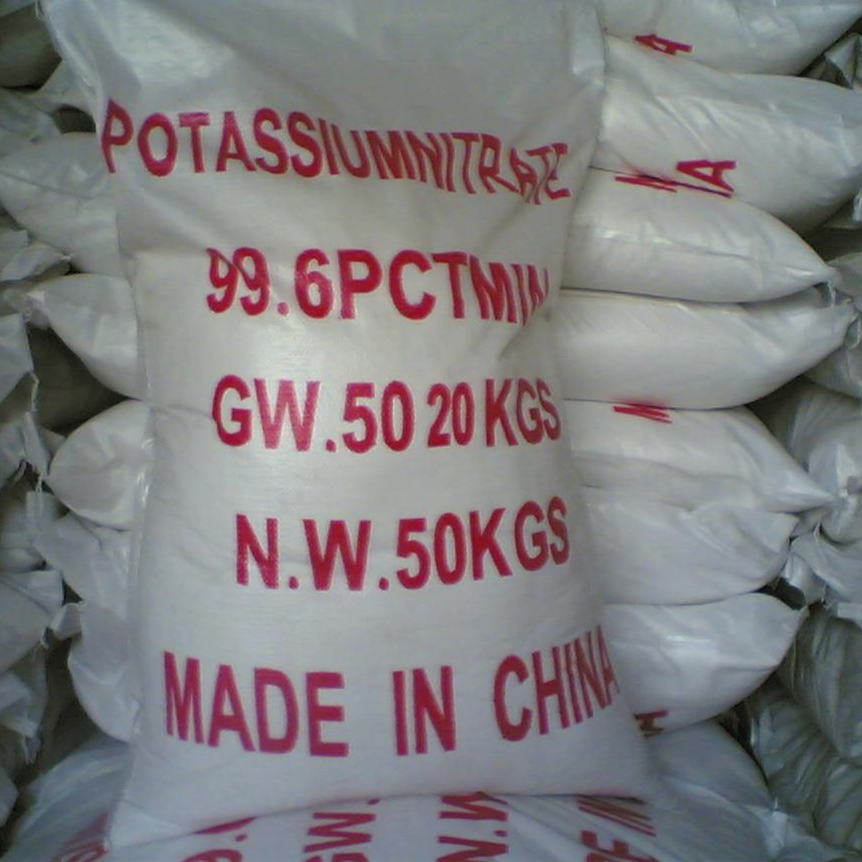
8月 . 05, 2024 21:23 Back to list
Production of 32-4-8 Fertilizer for Enhanced Crop Yield and Sustainable Agriculture Solutions
The Role and Impact of a 32-4-8 Fertilizer Factory in Agriculture
Fertilizers are crucial in modern agriculture, enabling farmers to maximize their crop yields and ensure food security for a growing global population. Among the various types of fertilizers available, the 32-4-8 formulation is gaining popularity due to its balanced nutrient profile, optimizing plant growth and productivity. This article explores the significance of a 32-4-8 fertilizer factory, its manufacturing process, and its implications for the agricultural sector.
Understanding 32-4-8 Fertilizer
The numbers in the fertilizer formulation 32-4-8 represent the percentage of nitrogen (N), phosphorus (P), and potassium (K), respectively. Specifically, 32% nitrogen, 4% phosphorus, and 8% potassium. Nitrogen is vital for plant growth as it aids in the production of chlorophyll, promoting photosynthesis. Phosphorus plays a key role in energy transfer and is essential for root development and flowering. Potassium strengthens plants’ resistance to disease and contributes to overall fruit and vegetable quality.
The combination of these nutrients makes 32-4-8 fertilizer particularly effective for a variety of crops, including corn, soybeans, and vegetables. Its balanced composition allows farmers to enhance soil fertility and stimulate plant growth, resulting in healthier crops with higher yields.
The Manufacturing Process of 32-4-8 Fertilizer
Setting up a 32-4-8 fertilizer factory involves several key steps. The first stage is sourcing high-quality raw materials, including urea for nitrogen, phosphate rock or ammonium phosphate for phosphorus, and potash for potassium. The selection of high-purity inputs is crucial because impurities can adversely affect the product’s effectiveness and the health of agricultural soils.
32-4-8 fertilizer factory

Once the raw materials are procured, the manufacturing process begins. Typically, the production involves mixing the three components in specific ratios to create a homogeneous blend. This mixture is then granulated to produce uniform granules, which ensures that the fertilizer can be easily spread across fields. The granulation process also helps in reducing dust and improving handling characteristics.
After granulation, the product undergoes quality control testing to verify that it meets the required nutrient specifications. The final product is then packaged for distribution. A well-structured supply chain is essential for timely delivery to farmers, ensuring they have access to the fertilizer when they need it most.
Economic and Environmental Implications
A 32-4-8 fertilizer factory can significantly impact the local economy by creating job opportunities and supporting surrounding businesses. Additionally, it can provide farmers with a reliable supply of fertilizers, enabling them to enhance productivity and profitability.
However, the environmental implications of fertilizer production and usage warrant attention. Over-reliance on chemical fertilizers can lead to soil degradation, waterway pollution, and biodiversity loss. Therefore, it is imperative for the factory to implement sustainable practices, such as reducing emissions and wastage during production. Furthermore, educating farmers about balanced fertilizer application can help mitigate adverse environmental effects.
Conclusion
In conclusion, a 32-4-8 fertilizer factory plays a crucial role in supporting modern agricultural practices. By providing a balanced nutrient formulation, it enables farmers to enhance crop yields and improve food security. However, with this impact comes the responsibility to ensure that fertilizer production and usage are carried out sustainably. By adopting eco-friendly practices and promoting education around fertilizer application, the agricultural sector can benefit while also preserving the health of our ecosystems. As the global population continues to grow, the importance of such factories in achieving agricultural sustainability cannot be overstated.
-
10 10 10 Fertilizer Organic—Balanced NPK for All Plants
NewsJul.30,2025
-
Premium 10 10 10 Fertilizer Organic for Balanced Plant Growth
NewsJul.29,2025
-
Premium 10 10 10 Fertilizer Organic for Balanced Plant Growth
NewsJul.29,2025
-
Premium 10 10 10 Fertilizer Organic for Balanced Plant Growth
NewsJul.29,2025
-
50 Pound Bags of 13-13-13 Fertilizer for All Plants – Bulk & Organic Options
NewsJul.28,2025
-
High-Efficiency 15-30-15 Granular Fertilizer for Healthy Crops
NewsJul.28,2025
